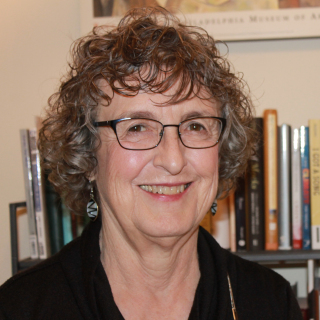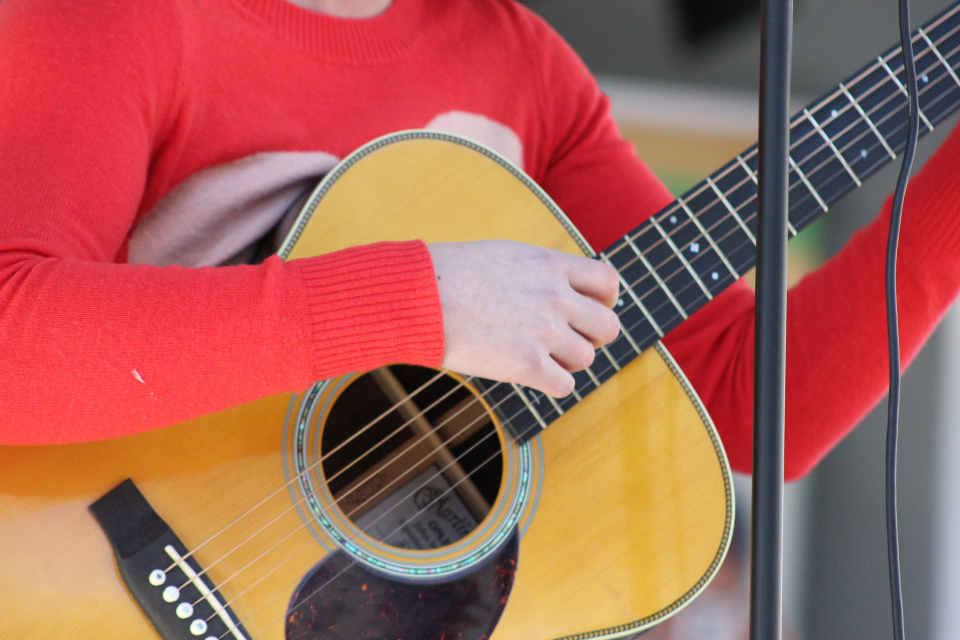Music and justice
Songs of justice — American Revolution to 1970
Music has long been a central feature of movements for social change, raising awareness about issues, drawing people together and inspiring individuals to take action. One of the first musical calls to justice in our country was the song “Free America,” written by minuteman Joseph Warren during the time of the Revolutionary War. Later, the memorable tune “Yankee Doodle,” which was written by British soldiers to make fun of the Revolutionaries, was embraced by the Yankees as a rallying cry. During the Civil War, Union solders sang “John Brown’s Body,” a song about the abolitionist who tried to start a slave revolt in the run-up to the war. This early music, which sprang from the tradition of oral storytelling, had simple tunes and repetitive lyrics, making the songs easy to learn and share.
The advent of recorded music and its proliferation in the early 20th century made it possible to share more complex songs. A prime example of this shift and the social commentary it allowed is Billie Holiday’s “Strange Fruit,” a chilling song about lynchings in the South. The central metaphor of fruit on a tree evokes the image of black people who had been hanged and provokes a strong response from the listener.
Musicians like Woody Guthrie and Pete Seeger paved the way for the “folk music revival” that peaked in the 1960s. Other luminaries included Bob Dylan; Joan Baez; Judy Collins; and Peter, Paul, and Mary. Guthrie, an Oklahoman from a working-class family, wrote hundreds of songs about justice, including “This Land Is Your Land” and “Deportee (Plane Wreck at Los Gatos).” Both songs speak to our ongoing national conversation about immigration.
In the early 1960s, many of these songs related to the Civil Rights Movement. In August 1963, Peter, Paul, and Mary sang Bob Dylan’s “Blowin’ in the Wind” at the March on Washington, where Martin Luther King Jr. gave his famous “I Have a Dream” speech. At the same event, Joan Baez sang “Oh Freedom” and “When the Ship Comes In” with Bob Dylan.
Songs of Justice — 1970s to the present
Since the 1960s, songs of social concern, which are often thought of as synonymous with folk music, have appeared in a variety of musical genres. Jamaican reggae singer Bob Marley died in 1981, but his music endures. According to a 2005 Rolling Stone article, “It isn’t simply that his records still sell in substantial numbers . . . , it’s that his mission might still have a chance. It isn’t a simple mission. Marley wasn’t singing about how peace could come easily to the world but rather about how hell on earth comes too easily to too many. He knew the conditions he was singing about.” Marley’s song “Them Belly Full (But We Hungry)” describes the danger of inequality between the wealthy and the poor in Jamaica and all over the world:
Them belly full but we hungry
A hungry mob is an angry mob
Pop music has also been filled with songs seeking societal change. U2’s 1983 album, War, is filled with political songs like “Sunday Bloody Sunday” and “New Year’s Day.” Throughout the band’s lifetime, their music has highlighted themes of love, faith, and social justice. Those themes are united in the track “One” from their 1991 album, Achtung Baby. “It’s [about] coming together, but not the old hippie idea of ‘Let’s all live together,’ ” lead singer Bono told Rolling Stone. “It is, in fact, the opposite. It’s saying, ‘We are one, but we’re not the same’ . . . [and] we have to get along together in this world if it is to survive.”
Since the release of her first album in 1990, Ani DiFranco has been an activist for a number of causes, including racial justice, gender equality, the environment, and prison reform. She wrote “To the Teeth” in the aftermath of the 1999 shooting at Columbine High School:
The sun is setting on the century
and we are armed to the teeth
We’re all working together now
to make our lives mercifully brief
R&B and rap music are famous for social commentary. Rapper Common used the video for his 2016 song “Letter to the Free” as part of his effort to push for reform in the criminal justice system. The track was his contribution to filmmaker Ava DuVernay’s documentary 13th about the amendment that outlawed slavery:
Prison is a business,
America’s the company
Investing in injustice,
fear and long suffering
In addition to his music, Common created the Common Ground Foundation, which, according to its website, endeavors “to empower high school students to become future leaders through programs focused on character development, healthy living, financial literacy and creative expression.”
Rhiannon Giddens, lead singer of the Carolina Chocolate Drops, responded to the 2015 shooting at the Emanuel African Methodist Episcopal Church in Charleston, South Carolina, with the song “Cry No More.” When asked about the song, Giddens said, “The massacre at the AME church in Charleston is just the latest in a string of racially charged events that have broken my heart. There are a lot of things to fix in this country, but history says if we don’t address this canker, centuries in the making, these things will continue to happen. No matter what level privilege you have, when the system is broken everybody loses. We all have to speak up when injustice happens. No matter what.”
Engaging with songs of justice
The Reverend Dr. Don E. Saliers, professor emeritus at Candler School of Theology in Atlanta, Georgia, and his daughter Emily Saliers of the Indigo Girls wrote about music and justice in their book A Song to Sing, A Life to Live: Reflections on Music as Spiritual Practice. In the book, they say, “If one of our most important human responsibilities is speaking truth to power when power is corrupt, we can be grateful when history gives us music that sings truth to power. Music has been and still remains an instrument of social vision and change. At its deepest root is a powerful religious and spiritual impulse.”
History has given us a wide variety of music made with social change in mind, the kind of music that sings truth to power. Depending on our age and musical tastes, we may find ourselves more drawn to some genres of music than others. For those who grew up with the music of the 1960s, engaging with the music of the last 30 years may be a challenge; and for young people, engaging with older music may be equally challenging.
Some may find themselves skeptical of a religious impulse at the root of secular music written about social causes. However, our Christian faith teaches us to do justice (Micah 6:8), and in all genres of music we can find lessons about justice. Through music, we can learn of the injustices in the world today and be inspired to right the wrongs that we discover. Furthermore, conversations about this music across generations can strengthen our commitment to justice and peace.
Be sure to check out FaithLink, a weekly downloadable discussion guide for classes and small groups.

